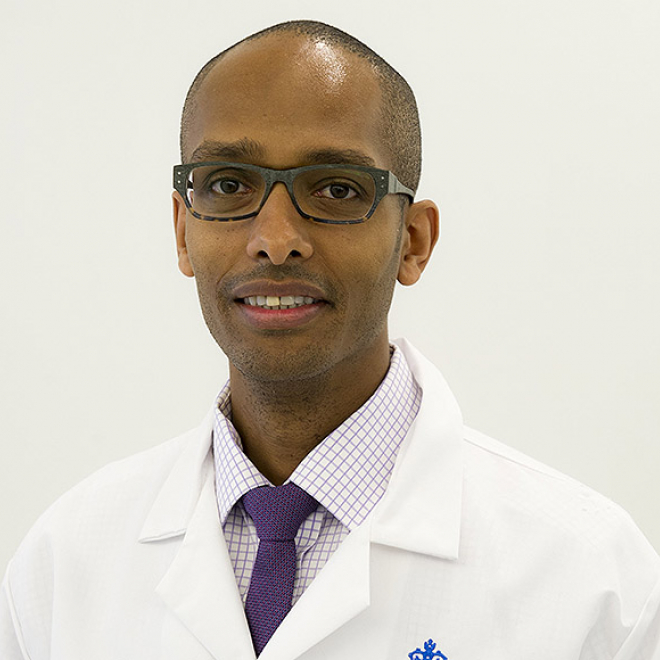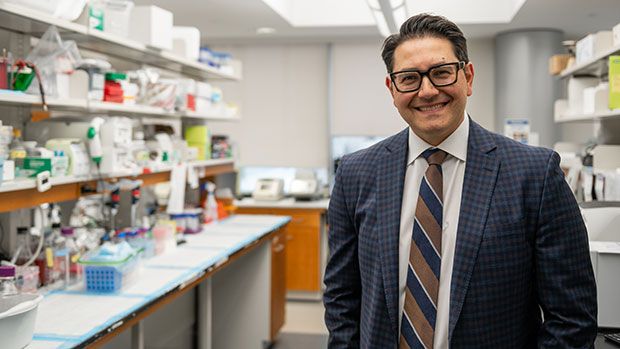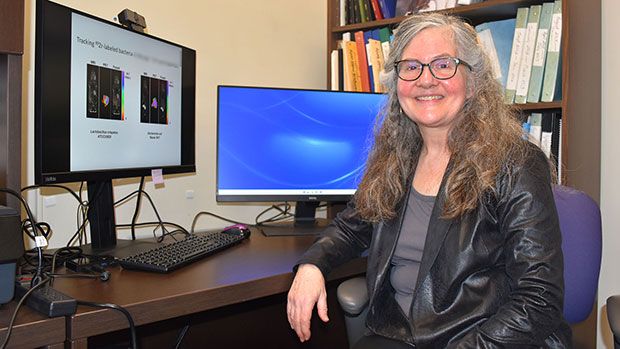
MD, PhD
Contact Information
My research group focuses on identifying the cellular origin of colorectal cancer by characterizing the intestinal and colonic stem cells of the gut. We are focused on understanding the fundamental processes regulating normal and mutated intestinal/colonic stem cells and aim to define the role of these stem cells in tissue regeneration and carcinogenesis. We utilize a range of approaches from transgenic mouse models to in vitro “mini-guts” to elucidate the key pathways important in cancer and tissue repair.
Dr. Asfaha completed his undergraduate training in molecular biology, followed by his Ph.D in mucosal inflammation at the University of Calgary. His clinical training includes his MD degree from the University of Calgary, residency in Internal Medicine at the University of Alberta and his fellowship in Gastroenterology at University of Calgary. Following his clinical training, Dr. Asfaha completed postdoctoral research training at Columbia University in New York City, where he subsequently was promoted to junior faculty as an Instructor in the Division of Digestive & Liver Diseases. While at Columbia University he conducted ground breaking research into the cellular origin of colorectal and gastric cancer.
Dr. Asfaha was recruited to the Schulich School of Medicine & Dentistry at the University of Western Ontario and Lawson Health Institute as an Assistant Professor and Schulich Clinician-scientist. His research is focused on targeting the cellular origin of colorectal cancer and improving tissue repair in inflammatory bowel diseases (IBD). His expertise and accomplishments are illustrated by numerous national and international awards he has received and his publications.






